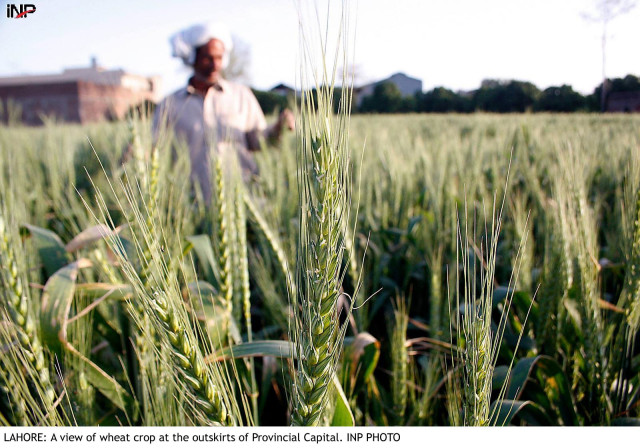Extended dry spells: Food security, nutrition major concerns: WFP
According to WFP research, there is 15.1 per cent acute malnutrition across the country.

Pakistan Meteorological Department (PMD) reports say less rains might result in drought-like conditions.
“This is a manifestation of climate change. The changing weather conditions will also affect water availability this summer,” said former PMD director general Dr Qamaruz Zaman Chaudhry.
Winter rainfall from January to March will somewhat affect the dry spell but not considerably due to low snowfall, he added.
With expected longer dry spells, WFP says it will keep a close eye on the food and nutrition front.
According to WFP research, there is 15.1 per cent acute malnutrition across the country, 43.7 per cent high rate of chronic malnutrition, while 31.5 per cent children under five are stunted due to malnutrition.
Published in The Express Tribune, January 24th, 2015.



















COMMENTS
Comments are moderated and generally will be posted if they are on-topic and not abusive.
For more information, please see our Comments FAQ